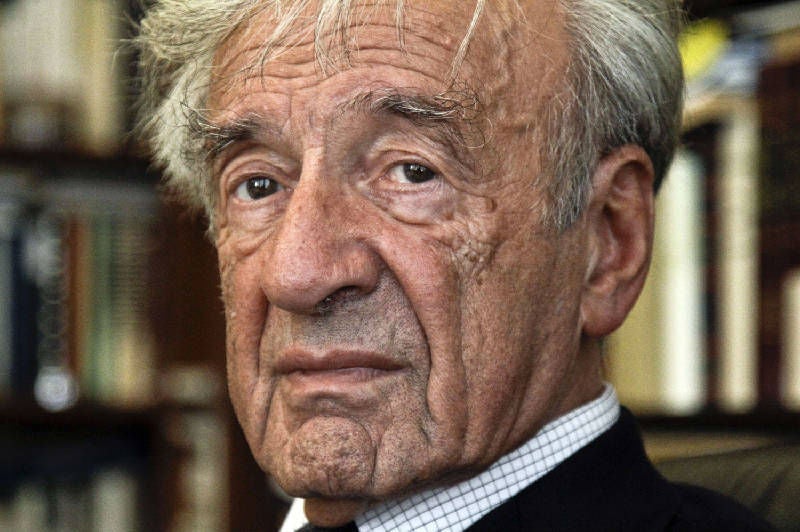Elie Wiesel’s life was a metaphor for Israel and its politics
The apparent indifference of the Nobel laureate, who has died aged 87, to the Palestine question pales beside his service to history


Your support helps us to tell the story
From reproductive rights to climate change to Big Tech, The Independent is on the ground when the story is developing. Whether it's investigating the financials of Elon Musk's pro-Trump PAC or producing our latest documentary, 'The A Word', which shines a light on the American women fighting for reproductive rights, we know how important it is to parse out the facts from the messaging.
At such a critical moment in US history, we need reporters on the ground. Your donation allows us to keep sending journalists to speak to both sides of the story.
The Independent is trusted by Americans across the entire political spectrum. And unlike many other quality news outlets, we choose not to lock Americans out of our reporting and analysis with paywalls. We believe quality journalism should be available to everyone, paid for by those who can afford it.
Your support makes all the difference.It’s hard to imagine now, but for the 15 or 20 years following the event no one talked about the Holocaust. The capture and trial in Israel of Adolf Eichmann was the moment when that began to change. But no one did more to imprint the memory of the 20th century’s European genocide on our collective consciousness than Elie Wiesel, with his haunting writing, his face etched with time and experience and the irreparable sadness in his eyes.
In his later years, he was not so much witness of the unspeakable as a metaphor for Israel. If you disagreed with Israel’s policies towards the Palestinians, if you believed that a people who had suffered so much should understand the miseries they were inflicting on another people, then you would not appreciate Wiesel and his blind spot towards the Palestinians.
He fought for the rights of the oppressed and persecuted elsewhere in the world – the Soviet Jews, the Bosnians and Kosovans in the former Yugoslavia, and the victims of the Rwandan genocide. Constantly, he warned of the abyss into which racism might lead us. But he seemed indifferent to the plight of the people next door to Israel, under effective occupation, the rump territory allotted to them eroded by settlements, their rights as a state denied to them.
If you disliked the grip that Israel had on the politics of America, its great protector in the world, and America’s reflexive support for the Jewish state, then Wiesel would make you uneasy. If there was a prime mover for the creation of a Holocaust Museum in Washington DC, rather than in Europe where the crime was committed, it was Elie Wiesel.
Oddly, despite his unswerving devotion to its cause, and his towering international standing, he was never as revered in Israel itself, even though he was twice offered the country’s presidency (a prestigious but purely symbolic office). That reflects the country’s inherent disputatiousness: the feeling of the Israeli left that he never criticised the government, the belief of the right that because Wiesel didn’t live in Israel he wasn’t really part of the national debate. There was also the simple fact the country was full of Holocaust survivors.
Yet all this pales beside his service to history. The Holocaust was the most unspeakable, unhuman event of modern human history. Yet for a while it was almost passed over in silence. Wiesel’s life mission was that that immeasurable atrocity should never be forgotten. That determination has sometimes not suited everyone. Whatever you think of his bias towards Israel, never forget that it was born of a determination the like should never happen again. A vain hope perhaps; awareness of history is no guarantee that it will not be repeated – such is the immutability of human nature.
And who are we who never suffered to judge? I wasn’t a boy at Auschwitz, with A-7713 branded on his arm, who watched his family, and his people, die.
Join our commenting forum
Join thought-provoking conversations, follow other Independent readers and see their replies
Comments